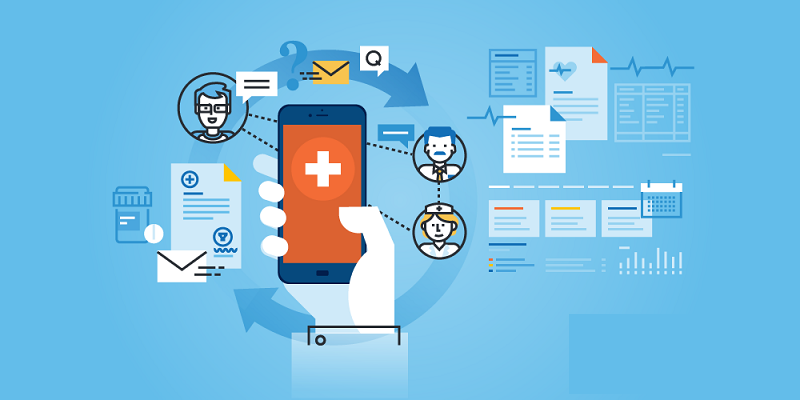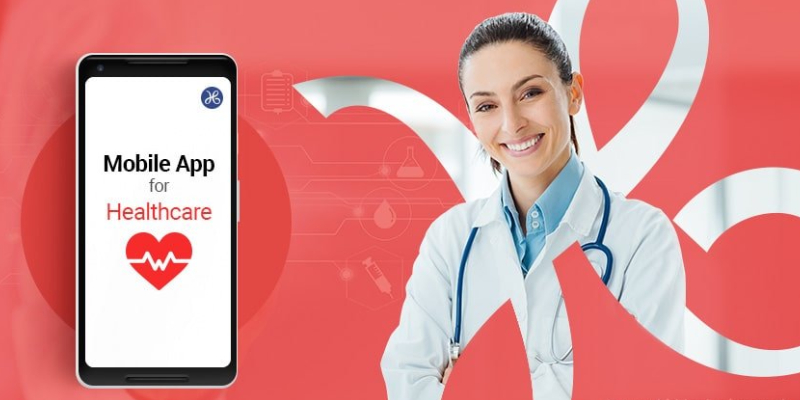
Why Education Apps Are So Important
January 4, 2021
The Importance Of Mobile Banking In Banking Systems
February 8, 2021Why are mobile health technologies useful?

Patient access to care is improved:
Mobile health technology has become the preferred method for patients to contact their doctor, log into patient portals, monitor their steps and glucose levels, request paramedical appointments, and manage their medications and conditions. As patients spearhead the revolution with these apps and platforms, they are more likely to follow doctors and other providers who prescribe them as part of their treatment and care.
Here are some of the benefits of health care apps for android/ios, followed by the reasons.
- Unlike traditional unreliable phone calls to doctors and health organizations, mobile health technology enables patients to send secure messages, make appointments and communicate with providers 24 hours a day, seven days
- They appreciate the convenience of visiting providers from a mobile or tablet, and the fact that they do not have to drive to the doctor’s office or take time off from work. To meet this growing demand, most healthcare systems offer medicine visits by network physicians or contracts with medicine physicians outside working hours and at weekends.
- Patients can improve their chances of getting their medications by using an mHealth application or a mobile technology solution that provides features such as automatic replenishment of prescriptions, reminders, and educational information.
- This makes remote control of the patient possible and easy. There are thousands of apps that help patients remember how to take their medication.
- With mobile devices and mobile health technology, wearable devices such as watches, fitness trackers and wristbands, continuous tracking and monitoring of this data is often inconvenient or impossible. However, patients can use these devices to collect, enter and collect health data and send it to a doctor via remote monitoring, a sub-category of home care or medicine.
- Remote monitoring of patients can be used to help patients manage chronic illnesses and ensure that they follow their discharge orders and take their medication.
- Many people cannot remember the names and dosages of the drugs they are taking, even though they are commonly known. Tracking these via application improves patient protection and consistency in drug matching.
- Adverse drug reactions can occur when patients are hospitalized but do not get a prescription for the drugs they are taking and do not report them.
- Health Apps actually bridge this gap in awareness in order to improve patient safety and drug management. Mobile solution provides physicians and other professionals with a bird’s eye view of what drugs patients are prescribed, pick-up and refill history, drug change and more, all from a clear iPhone or Android device.
- Improved coordination of providers and teamwork. Mobile health technology improves communication across the healthcare system, as prescribing doctors and office workers can use encrypted messages, text messages, electronic medical records, and access to mobile phones.
- Healthcare apps provides receive real-time updates on their mobile devices about the arrival, admission, discharge and transfer of patients with ED. Medical check-lists and immediate warnings help standardize and streamline care.
- Apps make it easier for patients to get a complete picture of how they have been treated, where they are and where they are going, so that they can coordinate care when they change settings.
The benefits of mobile health technology will continue to expand and evolve as health applications become more integrated into the continuum of treatment.

